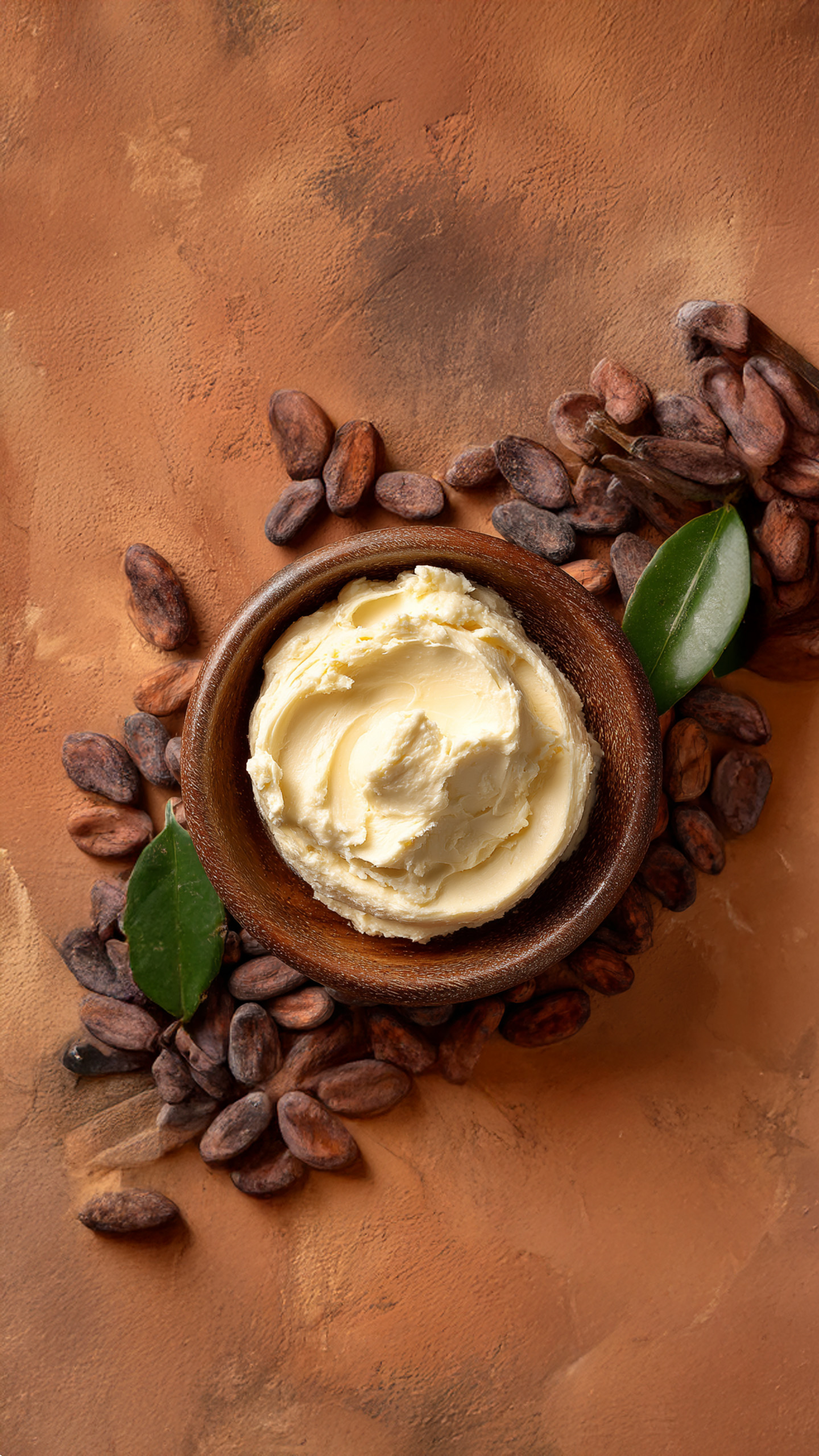Kefir's Digestive Power
Kefir, a fermented drink similar to yogurt, stands out due to its rich array of probiotic strains, exceeding those found in yogurt. The fermentation process
of kefir involves adding kefir grains to milk, which then culture for approximately 24 hours. These grains are a combination of bacteria and yeast, working synergistically to produce the unique tangy flavor and texture of kefir. The live and active cultures in kefir contribute to improved digestion by balancing the gut microbiome, fostering better nutrient absorption, and reducing inflammation. Its probiotic diversity aids in breaking down lactose, making it more digestible for those with lactose sensitivities. This makes kefir an excellent choice for anyone looking to bolster their digestive health with a potent and easily digestible drink.
Kombucha's Refreshing Zing
Kombucha, a fizzy fermented tea, is celebrated for its refreshing taste and health benefits. To make kombucha, a symbiotic culture of bacteria and yeast (SCOBY) is added to sweetened tea, which ferments over a period of 7 to 30 days. During this fermentation, the SCOBY consumes the sugar and produces a variety of beneficial acids, enzymes, and probiotics. Kombucha is known to promote digestive health, thanks to its probiotic content that aids in balancing gut flora. The drink can also enhance detoxification processes within the body and boost the immune system. Additionally, the presence of antioxidants in kombucha helps combat free radicals, which further supports overall health. Consuming kombucha can contribute to better energy levels and a strengthened immune response, making it a popular choice for those seeking a healthful, fizzy alternative to sugary drinks.
Yogurt: The Classic Choice
Yogurt has long been a staple for digestive health, primarily due to its rich probiotic content. The fermentation of milk with specific bacterial cultures, such as Lactobacillus and Bifidobacterium, is what transforms milk into yogurt. These probiotics are known for promoting a healthy gut microbiome, which aids in digestion and nutrient absorption. Yogurt helps in alleviating symptoms associated with irritable bowel syndrome (IBS) and improves overall gut health. It's a readily available and versatile food that can be consumed plain, or mixed into smoothies, and many more. Yogurt’s ease of integration into any diet makes it a simple yet effective way to enhance gut health, providing a regular dose of beneficial bacteria to improve digestive functions and overall wellness.
Sauerkraut’s Gut-Boosting Power
Sauerkraut, a fermented cabbage dish, is an unsung hero for gut health. The process of making sauerkraut involves lactic acid fermentation, a natural process where the cabbage is packed in salt and allowed to ferment. The resulting tangy taste comes from the growth of beneficial bacteria that are natural probiotics. These probiotics contribute to a balanced gut microbiome, helping improve digestion and reduce the chances of bloating and other digestive discomforts. Moreover, sauerkraut is a good source of fiber, which feeds the beneficial bacteria, ensuring they thrive. It's also rich in vitamin C and vitamin K, supporting the immune system and overall health. Including sauerkraut in your diet provides a flavorful and nutritious boost to your digestive health, making it a great addition to meals.
Kimchi’s Fermented Spice
Kimchi, a traditional Korean side dish, is celebrated for its spicy flavor and significant health benefits. The fermentation of various vegetables, typically including cabbage, with a mix of seasonings results in kimchi. This fermentation process creates a potent source of probiotics that are crucial for gut health. Consuming kimchi enriches the gut with diverse strains of beneficial bacteria, which assist in balancing the gut microbiome and thus improve digestion. Kimchi also supports the immune system, thanks to its probiotic content, and is packed with vitamins and antioxidants. Its high fiber content aids in healthy digestion and enhances the absorption of nutrients. Including kimchi in your diet not only adds a burst of flavor but also provides a nutritious boost, supporting both gut and overall well-being.
Miso Soup's Probiotic Boost
Miso soup, a traditional Japanese staple, offers a tasty way to support gut health. Miso is made from fermented soybeans, often with rice or barley, and the fermentation process introduces beneficial bacteria that work as probiotics. These probiotics support the digestive system by balancing the gut microbiome, helping in the breakdown of food, and improving nutrient absorption. Miso soup provides these beneficial bacteria along with essential minerals and vitamins. Regular consumption of miso soup contributes to improved digestion and can help in managing symptoms of digestive discomfort. Its easily digestible nature makes it a comforting and effective way to support gut health. Including miso in your diet is both a flavorful and health-conscious decision.
Probiotic Drinks: Recap
Incorporating homemade probiotic drinks into your diet is a simple way to cultivate a healthy gut. From kefir to kombucha, each drink offers a unique blend of beneficial bacteria that support digestion and overall wellness. These drinks are easy to make and allow you to control the ingredients, ensuring you're consuming the most nutritious options. Probiotic drinks contribute to a diverse gut microbiome, which aids in nutrient absorption and boosts the immune system. They can also reduce inflammation and alleviate symptoms of digestive issues, like bloating or irritable bowel syndrome. By integrating these drinks into your daily routine, you're actively supporting a healthier digestive system, paving the way for improved well-being. Making probiotic drinks at home is a practical way to boost your health.















